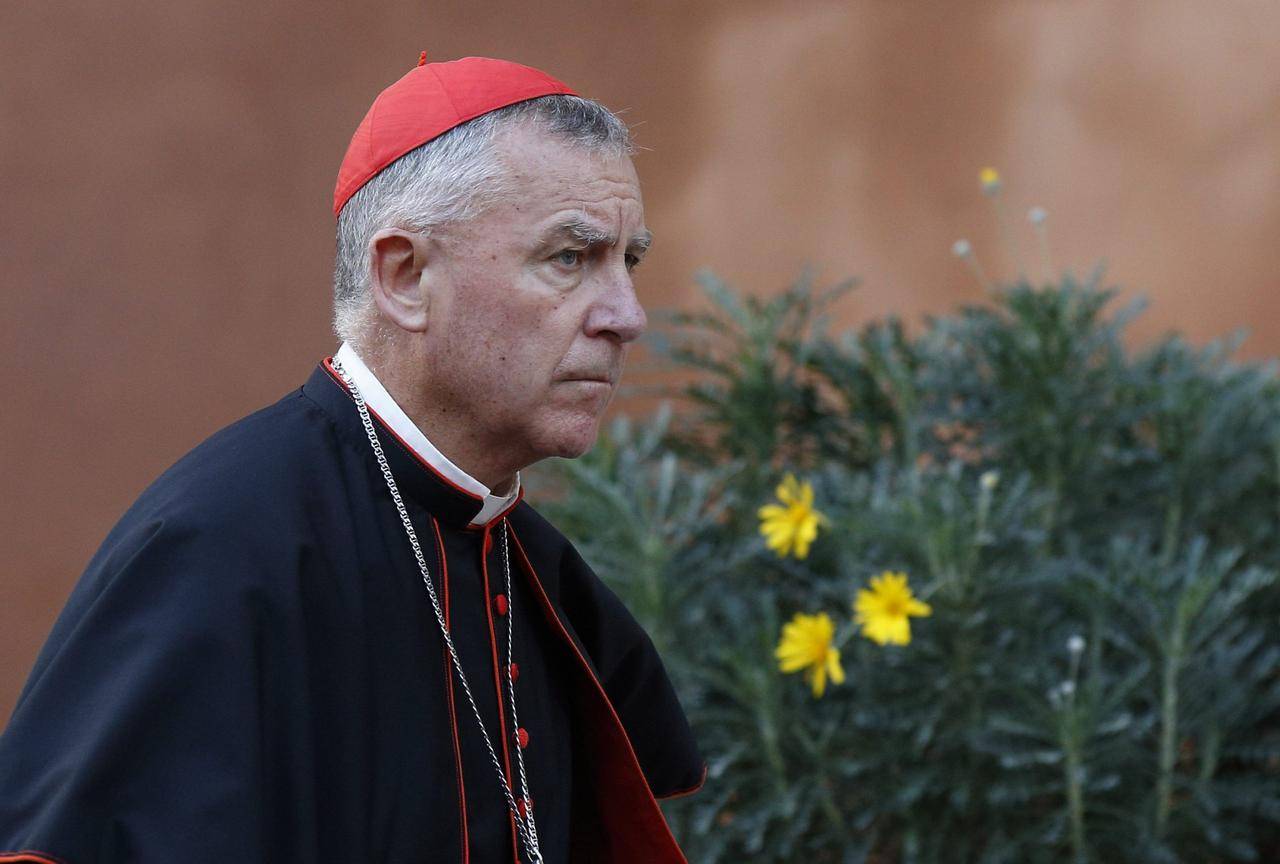Legalizing recreational marijuana “is a false solution that only creates more problems,” according to Guam’s archbishop.
The senate of the U.S. Pacific territory were debating a bill that would legalize cannabis on the island.
“As a community already riddled with a drug problem of epidemic magnitude, we need to focus on reducing the presence of illegal drugs and substances that intoxicate our people, not aid their proliferation,” Archbishop Michael Byrnes wrote in a March 25 pastoral letter.
Guam has a population of around 160,000, with 75 percent of the people being Catholic. Byrnes said the archdiocese “strongly opposes” the measure to legalize marijuana, saying it would “only harm the common good of our island, not enhance it.”
“Certainly it will adversely affect the common good of our families, marriages, youth, government organizations, businesses and the very identity of our island as a family-oriented community,” the archbishop wrote.
Citing the Center for Disease Control and Prevention’s High School Youth Risk Behavior Study, Byrnes pointed out that 49 percent of high school students in Guam have tried marijuana, ten percentage points higher than students in the mainland United States.
“Marijuana, like many drugs, is an addictive substance,” he said. “Users are attracted to the pleasure and relaxation that cannabis produces. Taking pot for recreational purposes is often a way for individuals to escape the burdens, worries and responsibilities that they may encounter in life.”
Byrnes claimed that this sense of peace that drugs provide is “illusory,” and only “creates more problems for individuals and the people that surround them.”
“Rather than escape, we need engagement,” the archbishop said.
“We need our youth and our young adults – people of all ages – to be fully engaged in the various activities of their lives and our communities,” he added.
Recently, bishops in New York, Arizona, Massachusetts, Illinois, Michigan, and Canada have issued statements against marijuana legalization.
Bishops in the Philippines have urged “prudence” as that country debates legalizing medical marijuana, which is currently not allowed in the Asian nation.


















